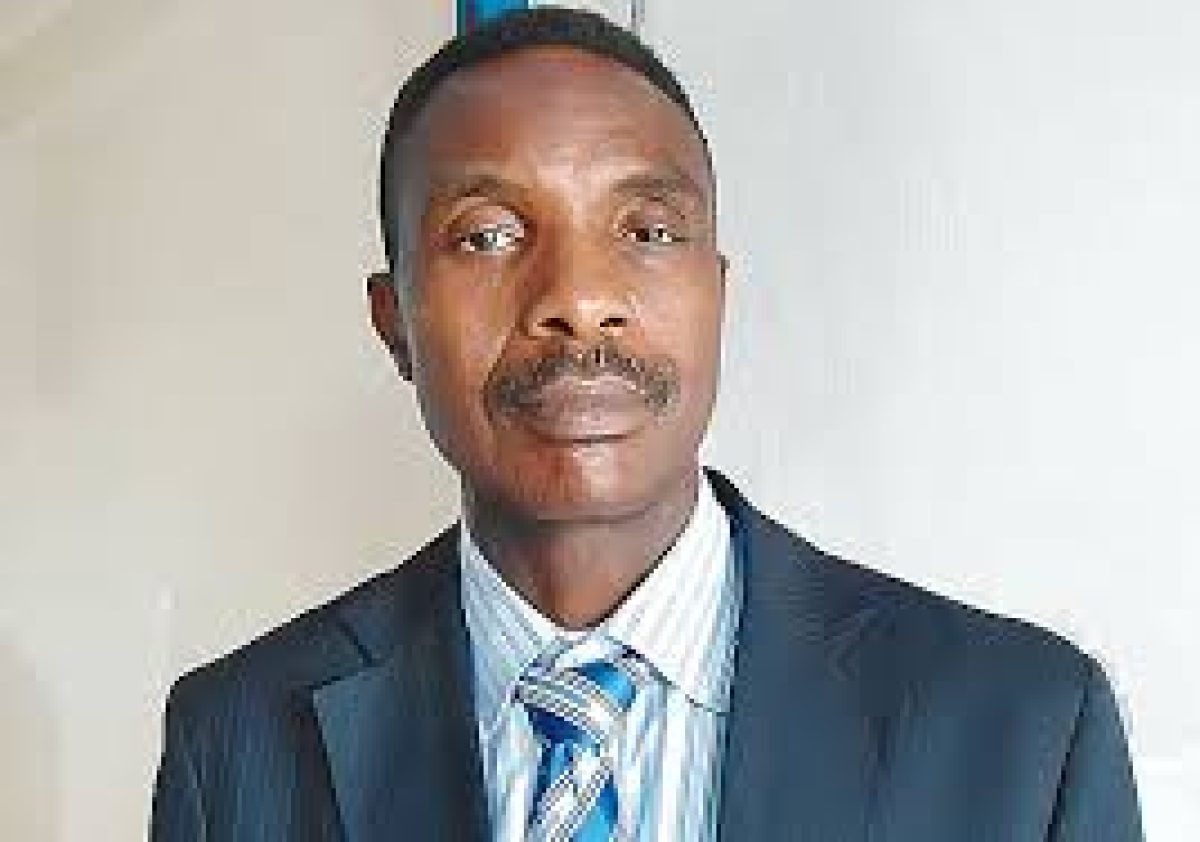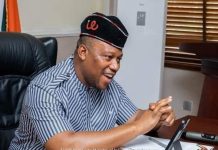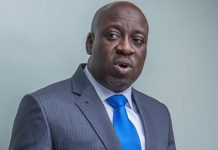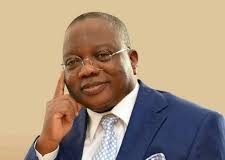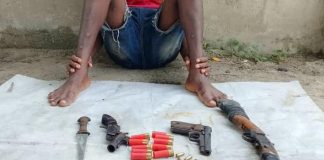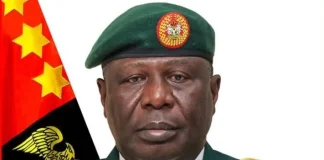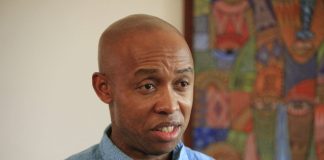🌿 Ruzu Non-Alcoholic Herbal Bitters
Ruzu Non-Alcoholic Herbal Bitters is a natural health supplement specially formulated to:
- ✅ Promote general wellness
- ✅ Detoxify the body
- ✅ Support the treatment of various ailments
Made from a powerful blend of 100% organic and medicinal herbs, Ruzu is completely alcohol-free, making it ideal for:
- 👪 All age groups
- 🌱 Health-conscious individuals
- 🌿 Anyone seeking non-alcoholic herbal remedies
Whether you're looking to boost your vitality, cleanse your system, or support healing the natural way, Ruzu Bitters offers a trusted herbal solution.
Barrister Ben Nwoye, the former Chairman of the All Progressives Congress (APC) in Enugu State, has officially resigned from the party, citing serious internal conflicts and leadership breakdown as grounds for his departure.
Nwoye, a former Federal Commissioner at the Federal Competition and Consumer Protection Commission (FCCPC) representing the South East, made the revelation during a press conference at the De Sheriff Hotel in Enugu.
Nwoye, who played a key role in the APC’s establishment, expressed unhappiness with the party’s lack of unity and coherence, referring to the APC’s symbol, the broom, as “loosened and permanently scattered.”
He chastised the APC leadership in the South East for prioritizing “vindictive politics” over fostering progress and inclusivity.
He claims that the regional leadership has been more concerned with silencing dissenting voices and political opponents than with broadening the party’s appeal.
He also highlighted ongoing factional problems within the APC in Enugu, disclosing that two competing factions are vying for dominance, with one faction supported by a judicial declaration and the other openly defying it.
Nwoye accused the national leadership of ignoring the situation and failing to respond to repeated requests for reconciliation from party elders, stating that faithful party members who disagreed with the central leadership were treated as “prisoners of political war.”
Read Also: Ganduje Holds No Political Weight – Galadima
“I have engaged in extensive consultations with my grassroots followers, and I have come to the conclusion that it is time to move on,” Nwoye stated. He added, “I refuse to be a political prisoner.”
Nwoye also criticized the marginalization of other major APC personalities in the South East, such as former Minister of Labour Senator Chris Ngige of Anambra and Dr. Ikechi Emenike of Abia.
He stated that these people, despite their important contributions to the party’s growth, had been overlooked.
Nwoye’s departure is a major blow for the APC in Enugu, raising new questions about the party’s stability and internal democracy in the South East area.

